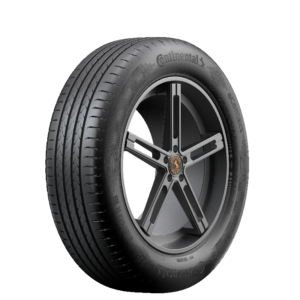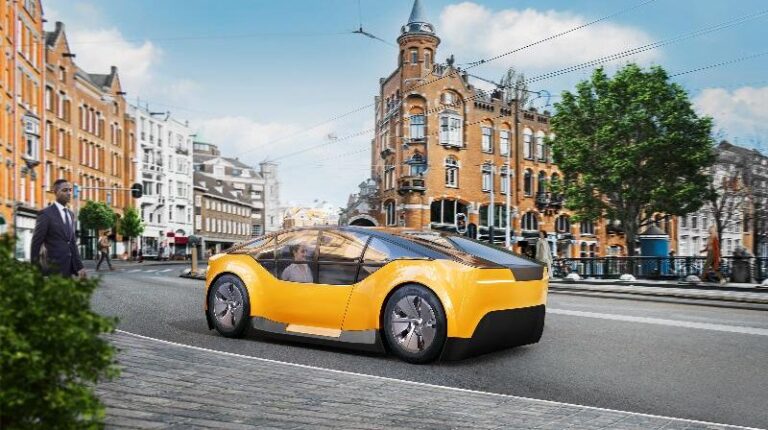Continental has rolled out an original equipment (OE) tire line for autonomous vehicles. The aContact tire family combines specially developed tire technologies that meet the varying requirements and areas of application of autonomous vehicle fleets, and are well-suited to robotaxis, shuttle vehicles, autonomous delivery services and, in the future, self-driving private cars, the tire maker says. Continental’s aContact tires are due to be released across US cities such as Las Vegas and San Francisco.

“Self-driving robotaxis will soon be part of our everyday mobility – alongside traditional cars, cargo bikes and e-scooters,” said Meletis Xigakis, head of research and development for the original equipment business at Continental Tires.
“To ensure maximum efficiency, it is crucial they are equipped with tires made specifically for the job. That is where our aContact product line comes in, combining technologies that have been adapted and customized for the ordering manufacturer or mobility provider – promoting safety and optimizing performance and efficiency.”
Continental has been exploring vehicle concepts and the demands these place on tires, ranging from extremely lightweight vehicles with alternative drive options to self-steering cars. When vehicles are steered by AI-powered algorithms rather than humans, this alters the way they behave on the road. Self-steering cars, for example, usually drive at lower speeds and under strictly controlled conditions. For that reason, tires fitted to robotaxis often need to operate for extended periods of time.
Emphasis on safety and energy efficiency
Continental supplies its customized aContact options to several customers that operate or will operate self-driving vehicle fleets. This calls for different aContact quality requirements and technological specifications, depending on the area of application.
Safety features are always paramount. But aside from safety, the demands placed on the vehicle can vary widely: for example, if it has to operate in hectic commuter traffic, or if it is used to shuttle airport passengers back and forth along a clearly defined route. Continental has taken these variables into account and adapts the rubber compound and tread design accordingly.
Continental offers customers the option to special-order tires with reinforced sidewalls for longer service life. Lower rolling resistance is another common preference, helping to maximize the range of autonomous electric vehicles.
Tires for self-driving cars are generally narrow and tall, which reduces air and rolling resistance. Taller tires are also better at supporting heavy vehicle bodies and battery packs, Continental says, which improves handling and stability. Continental has also focused on minimizing external rolling noise in the aContact tires to enhance driving quietness.
In related news, Aurrigo International has been awarded a contract worth almost £1m (US$1.36m) by Tees Valley Combined Authority (TVCA) to develop an autonomous baggage and passenger moving system with Teesside International Airport in the UK. Read the full story here


